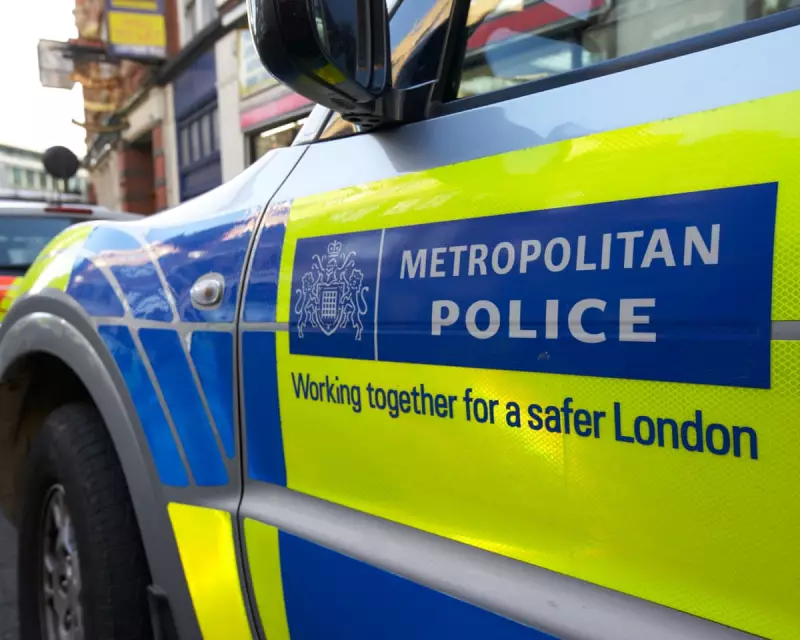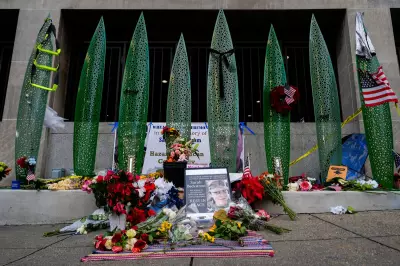
Police forces across Britain are facing mounting criticism for recording thousands of so-called 'non-crime hate incidents' against individuals who have merely expressed controversial opinions, an investigation has revealed.
The practice, which involves logging incidents where no criminal offence has occurred but where someone perceives hostility based on protected characteristics, has sparked concerns about the chilling effect on free speech and the creation of 'secret databases' of people's political views.
What Are Non-Crime Hate Incidents?
Non-crime hate incidents are records kept by police when someone reports feeling targeted because of their race, religion, sexual orientation, disability or transgender identity - even if no law has been broken. These records can appear on enhanced criminal record checks and affect employment prospects.
According to data obtained through Freedom of Information requests, police forces recorded approximately 120,000 such incidents between 2020 and 2024. The Metropolitan Police alone logged over 32,000 cases during this period.
The Chilling Effect on Free Speech
Campaigners and legal experts warn that the broad definition of these incidents is being used to police legitimate debate and differing opinions.
Harry Miller, a former police officer who successfully challenged the practice in court, told The Guardian: "We're seeing the criminal justice system being used as a blunt instrument to shut down debate. Expressing an opinion that someone finds offensive is not a crime, yet people are being logged on police databases for doing exactly that."
Case Studies Raising Alarm
The investigation uncovered several concerning examples:
- A woman recorded for stating that only women have cervixes during a social media discussion
- A Christian preacher logged for expressing traditional religious views on marriage
- University students reported for allegedly 'transphobic' comments during debates
One academic, who wished to remain anonymous, revealed: "I was visited by police after giving a lecture where I discussed gender ideology. No crime was committed, but I now have a non-crime hate incident recorded against my name."
Legal Challenges and Government Response
The practice has faced significant legal scrutiny. In 2021, the Court of Appeal ruled that recording non-crime hate incidents against Harry Miller interfered with his right to freedom of expression.
Despite this, many police forces continue the practice, though some have introduced reforms. The College of Policing has updated its guidance, emphasising that recording decisions must consider freedom of expression rights.
A government spokesperson said: "We expect the police to focus on catching criminals and keeping communities safe, not recording non-crime incidents that can have a chilling effect on free speech."
As the debate intensifies, questions remain about where to draw the line between protecting vulnerable groups and preserving the fundamental right to express unpopular opinions in a democratic society.





